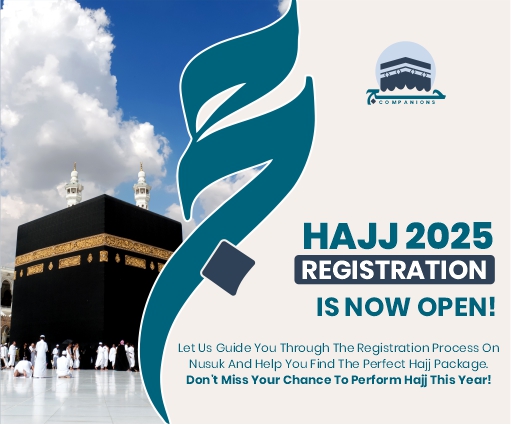The annual Hajj pilgrimage is a monumental gathering, attracting over two million Muslims from across the globe. While this spiritual journey holds deep religious significance, it also brings unique challenges, particularly in maintaining public health. The sheer scale of the event with millions gathering in confined spaces heightens the risk of infectious disease outbreaks. Addressing these concerns effectively requires a multi phase approach and the Saudi authorities along with international health organizations work tirelessly to ensure the safety of Hajis.
Health Risks at Mass Gatherings
Mass gatherings like the Hajj are recognized for their potential to spread infectious diseases. Respiratory infections commonly referred to as “Hajj cough ” are one of the most reported health issues among pilgrims. These infections stem from various bacteria and viruses circulating in overcrowded conditions.
Past outbreaks such as the COVID-19 and meningococcal W135 strain in 2000 and 2001 underline the significant risks associated with mass gatherings. The high mortality rates from these outbreaks demonstrated how quickly infections could spread beyond borders which makes global collaboration really crucial.
Collaborative Prevention Strategies
The Saudi Arabian authorities have developed a comprehensive health program that is updated annually to address these challenges. For Hajj 2025 measures are already being fine tuned to mitigate health risks. This program includes:
- Disease surveillance systems to monitor and manage potential outbreaks.
- Vaccination requirements for pilgrims to prevent severe illnesses.
- Infection prevention and control practices during the pilgrimage.
In the UK collaboration between health policymakers and community leaders has shown how effective joint efforts can be in reducing infections among pilgrims. This approach makes sure that both local and international health systems are aligned in their strategies.
A Multi Pronged Approach to Safety
The fight against travel related infections during Hajj requires a coordinated effort from countries sending pilgrims. Healthcare professionals, community leaders and governments must work together to implement preventive measures. This includes:
- Awareness Programs: Educating pilgrims about health risks and preventive steps they can take.
- Vaccination Campaigns: Ensuring timely vaccinations to protect against diseases like meningitis and influenza.
- Rapid Diagnosis and Treatment: Providing immediate care to minimize the spread of infections.
- Community and Infection Control Measures: Promoting hygiene practices and reducing overcrowding wherever possible.
These strategies are integral to the success of Nusuk Hajj Packages 2025 which make sure pilgrims have a safe and fulfilling journey.
The Need for Global Collaboration
To further enhance health measures the idea of establishing an international public health center dedicated to the Hajj has been proposed. Such a center would:
- Facilitate coordination of international health policies.
- Provide a centralized platform for disease surveillance and data analysis.
- Develop evidence-based health policies and interventions.
By integrating these efforts into Nusuk Hajj Packages 2025 pilgrims can benefit from improved safety measures while contributing to global health advancements.
Further Than Hajj
The benefits of preventive measures implemented for the Hajj extend far beyond the pilgrimage itself. They strengthen healthcare systems, promote equity in health services and contribute to the broader fight against infectious diseases worldwide. As pilgrims prepare for Hajj 2025 so ensuring their health and safety remains a shared responsibility across borders.
Nusuk Hajj Packages 2025 not only offer a smooth Hajj and Umrah experience but also prioritize the well being of every participant which make health and safety an integral part of the journey.
Key Takeaways
- Health Risks at Mass Gatherings: The large number of people at Hajj increases the risk of spreading infectious diseases like respiratory infections commonly known as “Hajj cough.”
- Collaborative Prevention: Saudi Arabia along with international health organizations has a health program to monitor diseases, required vaccinations and prevent infections. Countries sending pilgrims must collaborate for effective safety measures.
- Preventive Measures: Awareness programs, vaccination campaigns, quick diagnosis and hygiene practices are key strategies to keep pilgrims safe.
- Global Collaboration: An international public health center for Hajj could improve coordination, disease tracking and health policies to benefit the global health.
- Long Term Benefits: Health measures during Hajj help strengthen healthcare systems and contribute to the global fight against infectious diseases.
Tailpiece
Managing health risks during Hajj 2025 is a collective responsibility. With the efforts of Saudi authorities, international organizations and countries sending pilgrims many steps are being taken to ensure a safe journey. From vaccinations to awareness campaigns these measures are not only important for the pilgrimage but also contribute to better health worldwide. Pilgrims participating in Nusuk Hajj Packages 2025 can look forward to a safe and fulfilling experience knowing that their health and safety are top priorities.










